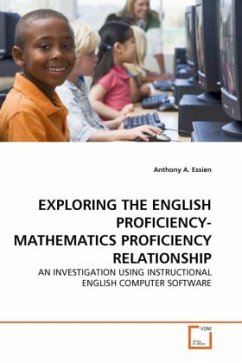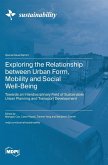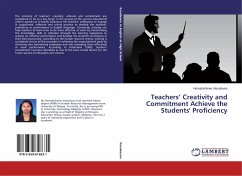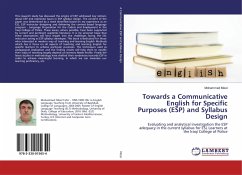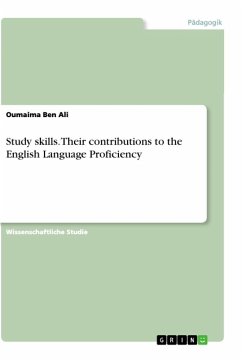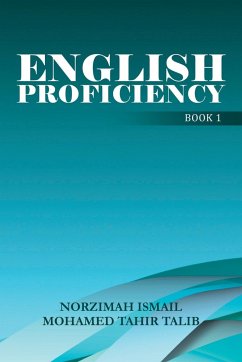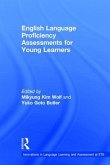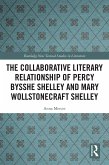Research studies and philosophies dealing with the relationship between language proficiency and mathematical proficiency have either positioned the one as dependent on the other or the two as autonomous. In South Africa, even though the constitution and the Language-in-Education Policy give provision for learners to learn in any of the 11 official languages of their choice, research has shown that due to economic, political and ideological factors, most learners prefer to learn mathematics in English which for most, is not their first or home language. Using both qualitative and quantitative (quasi-experimental) approaches, this book investigates whether and how improvement of learners' English language proficiency enables or constrains the development of mathematical proficiency. The analysis should contribute to the debate as to whether or not developing learners' English language proficiency for mathematical proficiency is the key; or whether it is more important to harness the home languages which learners bring to class. Educators in multilingual classrooms and educationists should find this book useful.
Bitte wählen Sie Ihr Anliegen aus.
Rechnungen
Retourenschein anfordern
Bestellstatus
Storno

